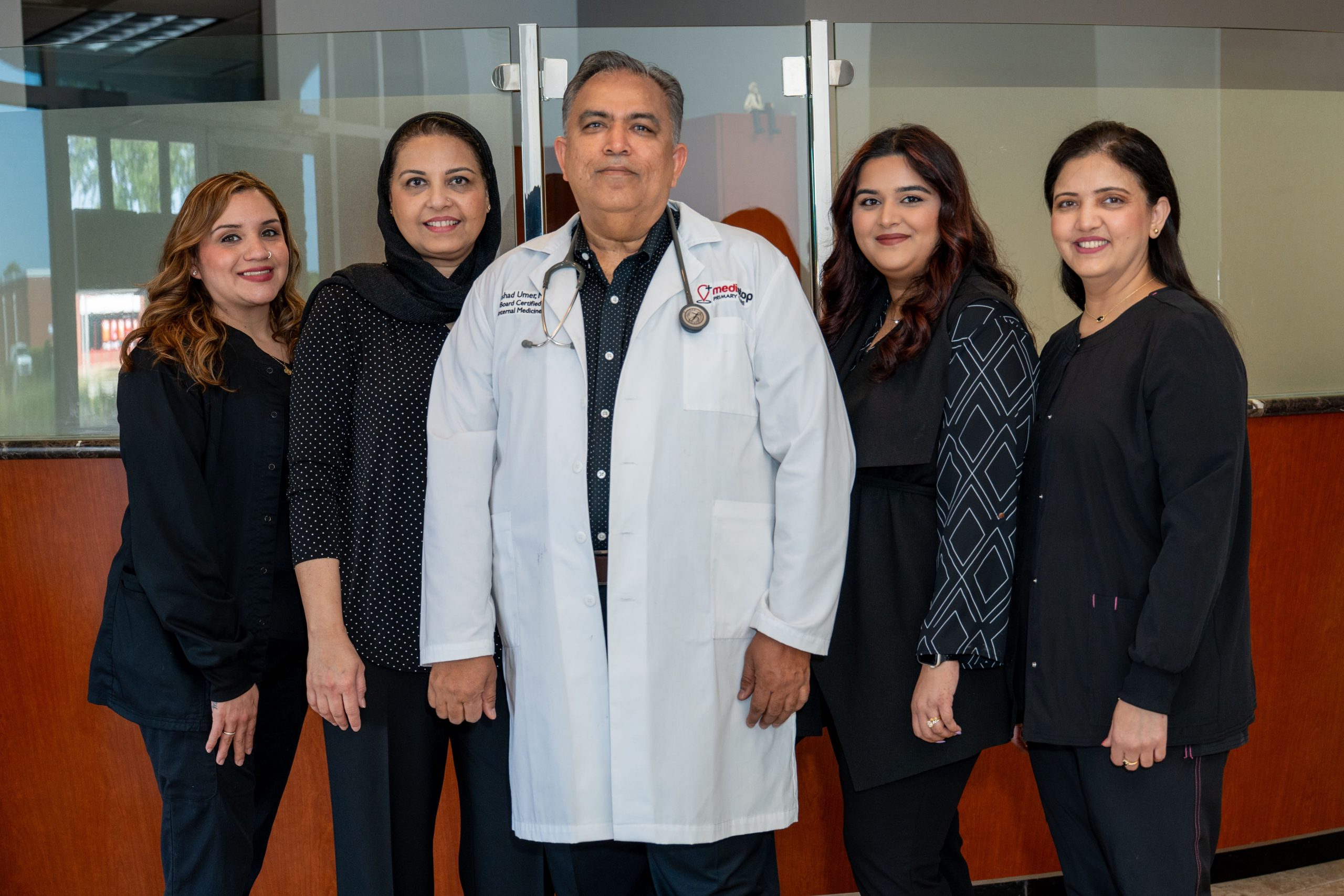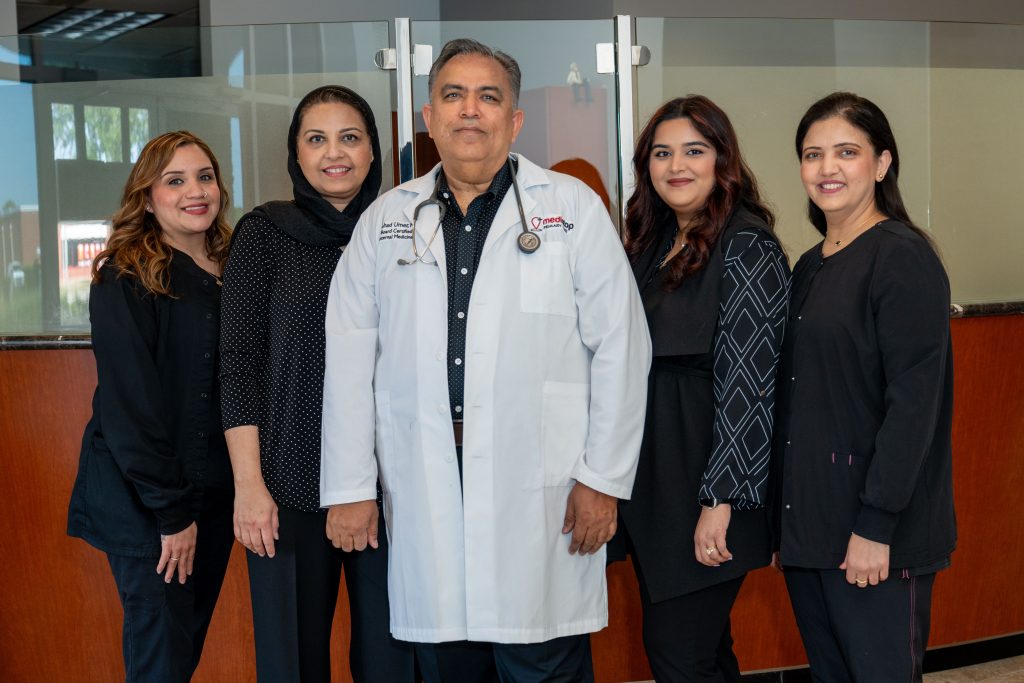
Living longer isn’t about luck. It’s about strategy, discipline, and most importantly—having the right healthcare partner by your side. A primary care doctor isn’t just someone who treats your cold once a year. They’re the gatekeeper to your long-term wellness, longevity, and quality of life.
If your goal is to live longer and healthier, then building a long-term relationship with a primary care physician is one of the smartest decisions you can make.
Here are 10 powerful and practical ways your primary care doctor can help you add more years—and better years—to your life.
1. Early Detection of Silent Killers
Some of the most dangerous health conditions are the ones that develop without noticeable symptoms. High blood pressure, type 2 diabetes, high cholesterol, and even certain cancers can remain hidden until it’s too late.
Your primary care doctor knows what to look for—even when you feel “fine.”
At every annual physical, they perform bloodwork, screenings, and a detailed medical history review. These simple checkups allow them to spot patterns and red flags well before they become emergencies.
Visiting your PCP regularly allows you to stay one step ahead of:
- Cardiovascular disease
- Prediabetes
- Kidney disease
- Colorectal and breast cancer
- Thyroid imbalances
If you haven’t had your annual exam this year, your first step to a longer life is booking that appointment now.
👉 Related: 7 Signs It’s Time to See a Primary Care Physician
2. Lifestyle Coaching Based on Your Health Risks
Living longer isn’t only about medications—it’s about daily decisions. Your primary care physician understands your health risks and lifestyle habits and gives you practical, customized guidance.
They don’t just say “eat healthy” or “get more exercise.” They help you make changes that:
- Fit your routine
- Account for your health conditions
- Align with your goals
Whether you’re trying to lose weight, manage stress, lower your salt intake, or improve sleep, your doctor can help design a realistic path forward.
And unlike a health coach, your PCP uses lab results, vital signs, and risk analysis to guide your plan—not just motivation.

3. Vaccinations That Prevent Life-Threatening Illnesses
Vaccines aren’t just for children. As adults age, certain immunizations become essential for extending life and reducing complications from infections.
Your primary care doctor ensures you’re up to date with:
- Flu shots (annually)
- Pneumococcal vaccine
- Shingles vaccine
- Tdap (tetanus, diphtheria, pertussis)
- COVID-19 boosters
- Hepatitis vaccines (when applicable)
Preventing one serious infection could mean avoiding hospital stays, organ damage, or worse. Your PCP tracks your immunization schedule so you don’t have to—and ensures your body has its best chance at resisting illness.
4. Long-Term Management of Chronic Illness
Chronic conditions don’t just affect how you live—they can cut your life short if not properly managed.
Whether you’ve been diagnosed with:
- Hypertension
- Type 2 diabetes
- COPD
- Heart disease
- Obesity
- Thyroid disorders
…a primary care doctor is essential to managing it over time.
They don’t just write prescriptions—they track your progress, adjust your medications, review your test results, and monitor for complications.
Without long-term oversight, even a manageable chronic illness can spiral. But under the care of a skilled primary care physician, chronic diseases become controlled, predictable, and less dangerous.
👉 Want to understand more? Read: Why Having a Primary Care Doctor Matters More Than Ever
5. Coordinated Care That Reduces Risk and Error
When people bounce from one urgent care to another or see multiple specialists without coordination, their health suffers.
Your primary care doctor is your care coordinator. They:
- Refer you to trusted specialists
- Ensure your test results are reviewed
- Prevent medication overlaps
- Monitor all of your treatments in one place
Without that central figure, medical details can get missed. Your PCP reduces your risk of dangerous drug interactions, repeat testing, and untreated symptoms.
This level of oversight doesn’t just improve quality of care—it extends lifespan by reducing complications.
6. Mental Health Support That Impacts Physical Wellness
Anxiety, depression, stress, and sleep disorders don’t just affect your mood—they have serious effects on heart health, immunity, weight, and longevity.
Your primary care doctor doesn’t ignore mental health. They screen for it, monitor it, and treat it. If needed, they refer you to behavioral health professionals while continuing to oversee your care.
Because mental wellness is a key part of physical health, your PCP helps protect your long-term health by addressing:
- Chronic stress (linked to heart attacks)
- Insomnia (linked to metabolic disorders)
- Depression (linked to inflammation and weight gain)
Longer life starts with better mind–body balance, and your primary care doctor is the first step.
7. Quitting Harmful Habits Safely and Permanently
Your primary care physician plays a crucial role in helping you:
- Quit smoking
- Reduce alcohol use
- Stop recreational drug use
- Avoid self-medication
- Cut sugar or processed foods
They don’t just offer motivational speeches—they give you clinical resources like:
- Prescription medications
- Referrals to support groups
- Behavior-modification tools
- Medical monitoring during withdrawal
This medical-level approach to lifestyle change ensures safety and increases your odds of success—translating to a longer, healthier life.
8. Proactive Screenings Based on Family History
Your genes matter—and your primary care doctor takes them seriously. If your parents or siblings had cancer, heart disease, stroke, or Alzheimer’s, you’re at higher risk.
But that doesn’t mean you’re doomed. It means you need personalized screening plans earlier and more frequently.
Your PCP will:
- Order advanced screenings
- Monitor early symptoms
- Track biomarkers
- Refer you to genetic counseling, if needed
Early intervention based on family history can add years to your life. But you need a doctor who’s tracking those trends consistently—someone who doesn’t rely on you to remember everything.
9. Creating a Personal Health Baseline
Every patient is unique. One person’s “normal” might be another person’s red flag. That’s why having a long-term relationship with your primary care doctor helps.
Your doctor creates a baseline of your vital signs and lab values. Over time, even subtle changes in:
- Heart rate
- Blood pressure
- Blood sugar
- Liver enzymes
- Hormone levels
…can signal that something’s wrong. Without that baseline, early warning signs often go undetected.
Your PCP doesn’t treat your body like a textbook. They treat it like the unique system it is—and that vigilance helps keep you alive longer.
10. Helping You Make Informed, Long-Term Decisions
Should you take that new medication? Try hormone replacement therapy? Have a colonoscopy at 40? Change your diet for longevity?
Your primary care physician helps you make these choices—not based on hype, but based on data, history, and experience.
They know:
- Your health goals
- Your family history
- Your mental state
- Your ability to implement change
As a result, they help you make informed decisions that avoid risk, extend life, and improve the day-to-day experience of living.
No blog, YouTube video, or health guru can offer that level of personalization and safety. Only your PCP can.
Why It’s Time to Prioritize Primary Care

A longer life doesn’t come from one decision. It comes from hundreds of small ones—each guided by a doctor who knows you, respects your goals, and monitors your progress.
If you haven’t built that relationship yet, now is the time.
Need help deciding when to start? Our blog 7 Signs It’s Time to See a Primary Care Physician can help you recognize when the timing is right (hint: it’s probably now).
Choose Medistop for Lifelong Primary Care
At Medistop, we don’t believe in quick fixes. We believe in lifetime health strategies. Our primary care doctors serve Sugar Land, Katy, Rosenberg, and Dickinson, helping adults manage everything from prevention to chronic disease with compassion and consistency.
Whether you need a first visit or a second opinion, we’re ready to help you live longer—starting today.
Book Your Appointment Today
Ready to take the next step toward a longer, healthier life?
Schedule your visit with a Medistop primary care physician and put your future health in capable, caring hands.



